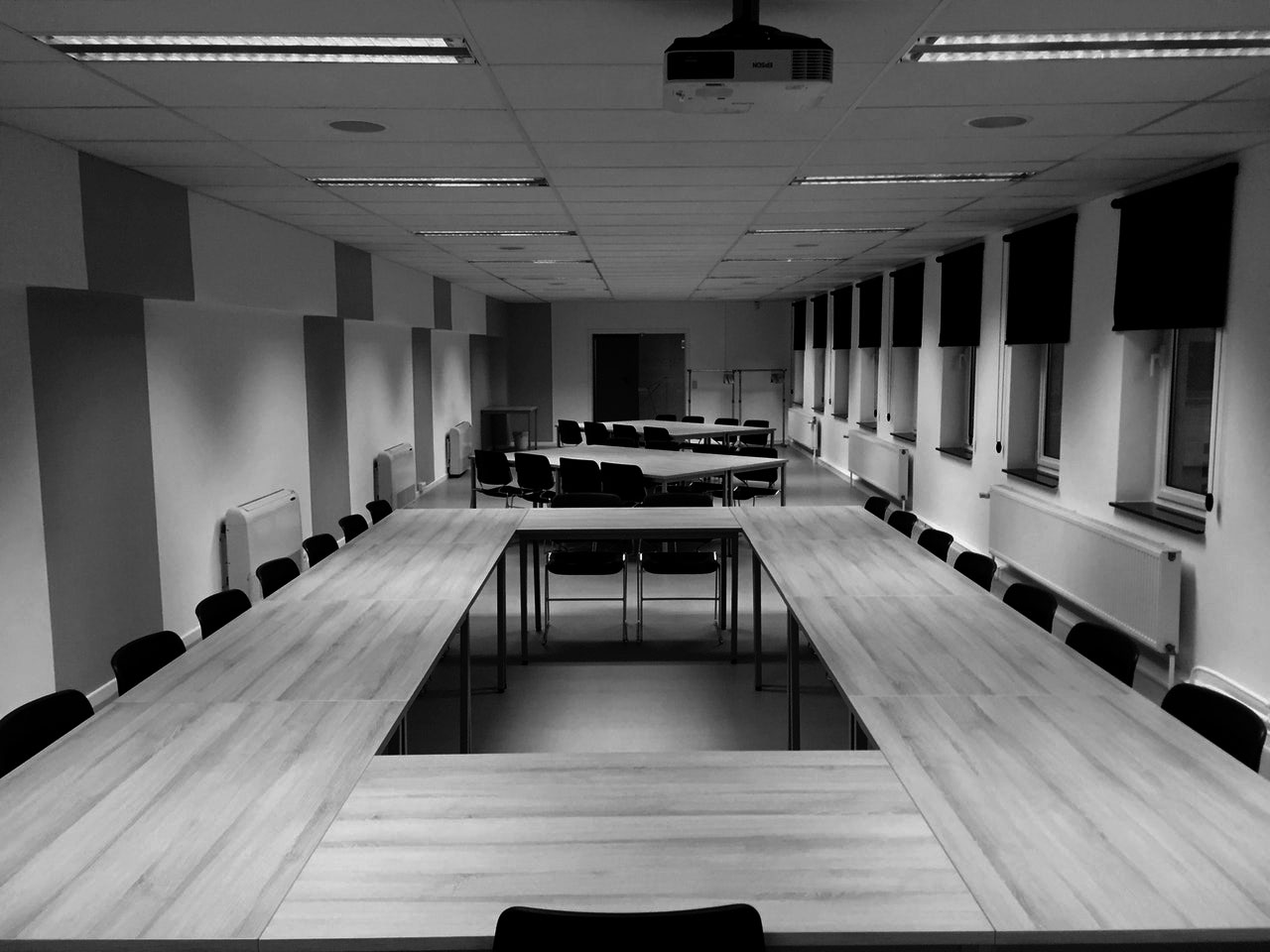
OH! Vs. OOOOOH!!
14 Jul 2020
Title
sounds like a sound made when we talk….? So when do we make them?
When
somebody says it’s so cold and windy today, we say oh yeah it is.
When
there is a power cut when we are in the middle of watching an interesting
thriller movie, we say ooooh noooo, and we start complaining about the
electricity department
So
what are we talking about? In the first instance, it is a response. In the second instance, it is a reaction.
Response
is an answer or a statement in a conversation. It can be verbal or non-verbal.
It is usually given after a little thought process. It is logical and rational.
Response is usually in a single word or a couple of words. It is predictable by
the person who is stimulating the response, because the options of response are
limited. It could be positive, negative or neutral.
Reaction
is behavior. When someone questions us or something happens we show our
instant behavior which is based on our emotions at that particular moment. It
usually triggers further reactions. It is not predictable by the other person
or the people around us, since it is instant and no one knows the reacting
person’s state of mind at that moment. Again, reactions also can be positive,
negative or neutral. It can also be verbal or non-verbal.
In
some cases we usually tend to use them interchangeably i.e. when we have to
respond we react and when we have to react we respond.
Let
us take a look at examples of different situations where we respond or react,
how it happens and the different implications of response and reaction.
When
we watch movies we get too much involved in it and react emotionally saying,
this guy should have done this, story should have been like this and so on. We
don’t realize that it is just an entertainment and pass through it. We get so
emotionally connected and react without realizing that it is an entertainment
element where people have been paid to act like that. . Here we are reacting instead
of just responding. Instead, it is enough if we just respond to it and only
comment on how the movie was, what aspects of the movie could have been made
better for better movie experience
When
we get Whatsapp and other social media messages, we react immediately and just
forward them without even checking the authenticity of the message. Instead we
first need to respond by taking time to check the authenticity and then reply
or forward the message. We need to be very careful while replying with
comments. When we just reply with a comment that just agrees on the message, it
is a response. But if we have to disagree on something, we need to think, do a
research on the message and comment, which will be our reaction to the message
and can trigger further reactions from the group. So, let us be careful when
and how to respond or react to messages and forwards in Whatsapp and other
social media. Let us learn to react or
respond sensibly.
When
we see something unethical happening around us, for instance we see a shopkeeper
giving a lesser change amount to a blind person, then we definitely need to
react to it. If we ignore it with our silence (after all silence is also way of
reaction or response) then it would encourage the person to continue cheating
people. When we react to this situation by telling the shopkeeper to give the
right amount or bringing it to the notice of the blind person it would prevent
them from cheating or getting cheated. It
would be a positive reaction leading to a positive response.
In
our daily life, we are interdependent. We have people doing little things for
us. If we learn to appreciate them, the appreciation would be a positive reaction
for the simple work that they do. It would create ripple effect with the person’s
positive response that encourages them. It could be simple gestures like appreciating
for cooking a meal or sending a document mail on time etc. It would encourage
the person to give more. These are
simple positive reactions which would lead to positive responses
Let
us look at how responses and reactions affect parenting.
Many
parents get irritated when children ask questions and they react angrily.
Instead if they can respond patiently by answering their questions or helping
them find the answers, it will encourage kids to think through various things
and improve their creativity and confidence levels. Else it might stop them
being curious to know things. Here a positive
response would lead to a positive reaction
Also
when children make mistakes parents tend to blame teachers or the media. That
is negative reaction. Instead if they can analyse the reason for the child’s
behavior, they can make the child understand what is right and wrong and
correct the child. For instance, if the child is disrespectful when talking to
elders, parents tend to blame the media or the school for not teaching life
skills and values. Instead if the parent observes a child being disrespectful
to someone, they can call the child and tell stories and examples to make them
understand the importance of respect, the child will practice it. That is
positive reaction. Else the child will also tend to blame media or school
without even understanding that their behavior was wrong and will never correct
them. This is an example of a negative reaction
leading to negative reaction
What
happens when we meet with a small accident on the road? We immediately tend to
react by shouting at each other. We always try to get defensive by playing the
blame game. That’s a negative reaction. Instead if we can take time to analyse
whose mistake it could have been, it would avoid arguments. It would be a much
sensible positive response to the situation. This is yet another example of a negative reaction leading to negative
reaction.
To
conclude, let us use our discretion to better understand the situation or the
person and respond or react positively. Let us not under respond or over react so
that the after effects have a positive implication.

Written By
Ponnammal Subramaniam
60% Trainers do not have enough job in hand.
77% Corporates find it difficult to reach to the right Trainers.
Not because of lack of Trainers. But, for the lack of connect in the market.


